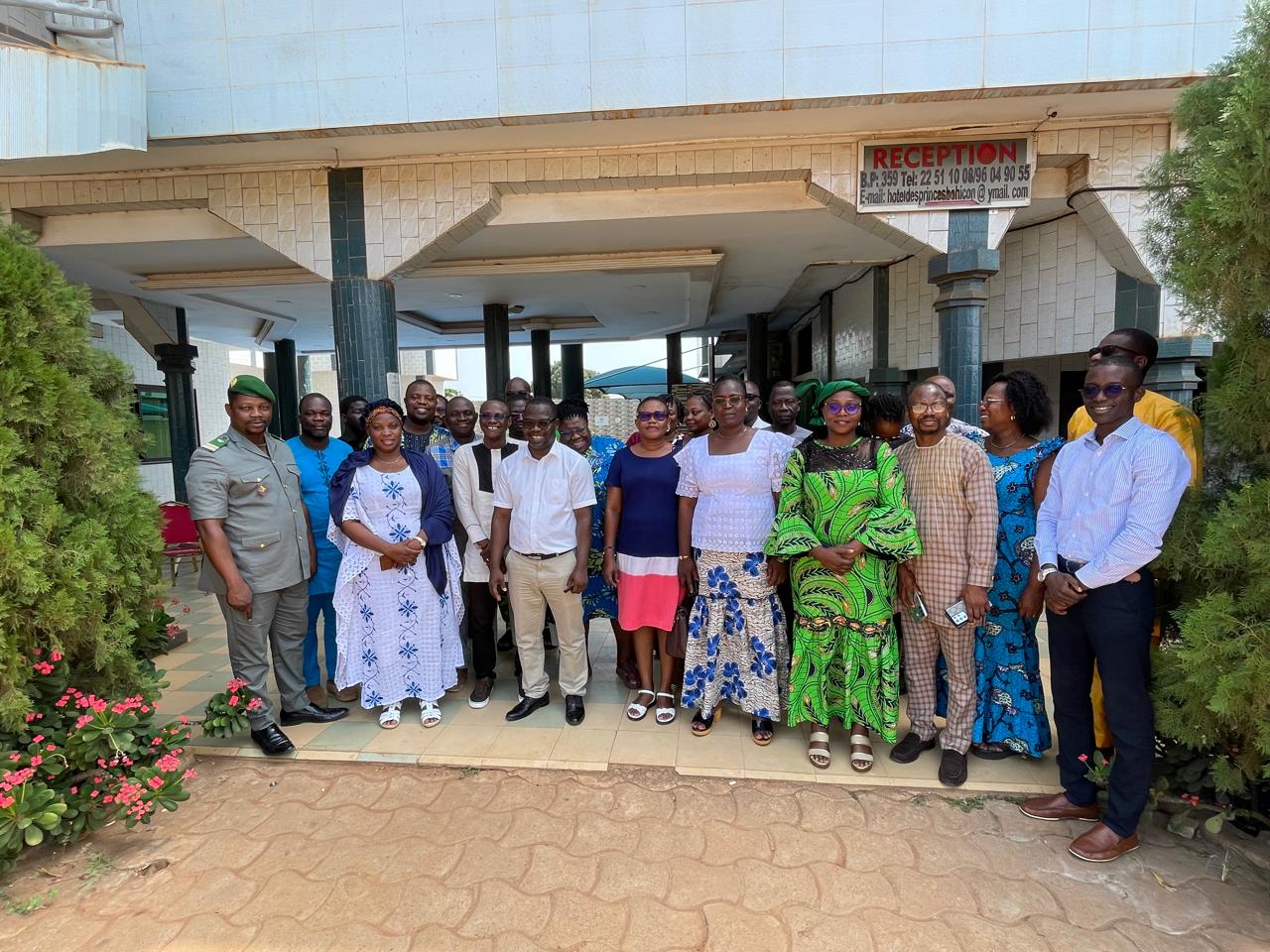
Towards Land Degradation Neutrality: Validation of New Targets for Sustainable Land Management in Benin, November 19-20, 2024
A national workshop was held on November 19-20, 2024, in Bohicon, Benin, under…
We, participants in the International Conference on “Ecosystems, key tool for the development of the African continent”, held in Gammarth (Tunisia), on June 8-9, 2022 as part of the celebration of the World Environment Day and the 30th anniversary of the Sahara and Sahel Observatory :
Now,
Take the Conference recommendations to call upon all relevant stakeholders and their partners to take action for the preservation and restoration of ecosystems in Africa and call for the establishment of a global alliance to ensure sustainable and equitably shared prosperity of these ecosystems.
The recommendations are herein attached.
Tunis, June 9, 2022
The Conference
The conference participants, hereby, share all the results and recommendations with the relevant
stakeholders, and call for :
and finally,

A national workshop was held on November 19-20, 2024, in Bohicon, Benin, under…

The Sahara and Sahel Observatory, represented by Mohamedou Baba Sy, Director of…

The OSS side event on “Early Warning Systems: An Effective Mechanism for Climate…